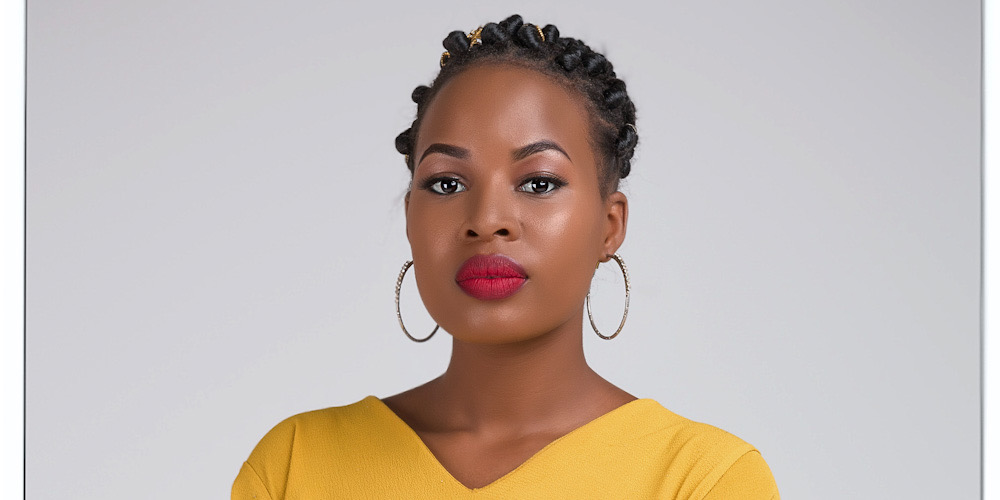Kyooto Media Group’s star of stage and screen, Josephine Kabahuma has recently seen two of her movies ‘Kemi’ and ‘Catch Out’ taken up by the Fly Emirates, and added on the ‘top on the watch’ list for the prestigious airline’s passengers.
A multi-hyphenate filmmaker, Josephine Kabahuma is a Ugandan Actress, Writer and Producer. She is also a talented Costume Designer, Production Designer and Production Manager.
The Fly Emirates started showing ‘Kemi’ on June 01, and ‘Catch Out’ on July 01.
“I wrote ‘Kemi’ and produced ‘Catch Out’. The Fly Emirates got the movies after reaching out to one of the film directors. It’s not easy reaching out to companies like that with your projects. For them, when they see something that interests them, it could be maybe a trailer or something about the film that they liked and so they reached out to us.” Says Josephine.
Josephine was introduced to storytelling in high school after she took part in a stage play during the school’s entertainment session. When she was shown a clip of the play that had been recorded on camera, she instantly knew, that acting was something she would love to take on.
She co-wrote her first script ‘The Garage’ in 2018 and has since worked on several films such as; Judas Kiss (2019), Equanimity (2019), Esteem (2019), Demented (2019) and Fidelity (2019). However, it was Catch Out (2021) and KEMI (2020) that gave her the big breakthrough, earning her over 20 nominations and several awards at different prestigious local and international awards.
Among her accolades include; Best Screenplay at at the South American Awards, Best Supporting Actress for Catch Out at Brazil International Monthly Independent Film Festival (BIMIFF), Best Script for Kemi at the Uganda Film Festival (UFF), Best Production Design for Catch Out at the Uganda Film Festival (UFF) and Best Screenplay for Kemi at BIMIFF.
“It feels good to know someone watched my movie and they appreciated it.” Josephine says.

Despite these achievements, Josephine says like many other Ugandan filmmakers, marketing and distribution of movies locally pauses the biggest hurdle as they invest heavily in their movie projects but do not get their value for money.
“Making a feature film could cost you around 60 million shillings but the local TV stations will want to buy it at about 5 million shillings. So it’s really difficult to sell movies in the local market because even the people who used to sell DVDs, no longer do so since people don’t buy them anymore.”
However, to overcome this challenge she is looking to fuse technology with new business models. “What I advise other filmmakers to do is, even if you spent 50 million shillings on a movie if someone wants to buy it at 5 million shillings, give it to them, but just don’t let them limit you from distributing it to other people. For example, we have given to the Fly Emirates our movies but they let us distribute to other TV stations, and I can submit them wherever I want. That way, I will be able to collect my money back.”
Josephine envisions a bright future for her in the industry, with her eyes set on the world’s most prestigious film awards, the Oscars.
“I already have a movie that will get me that, I hope it gets me there because getting to those big platforms is hard, but if only those guys get to watch it, then they will award me because that is the best actor and actresses award I have ever known.”

